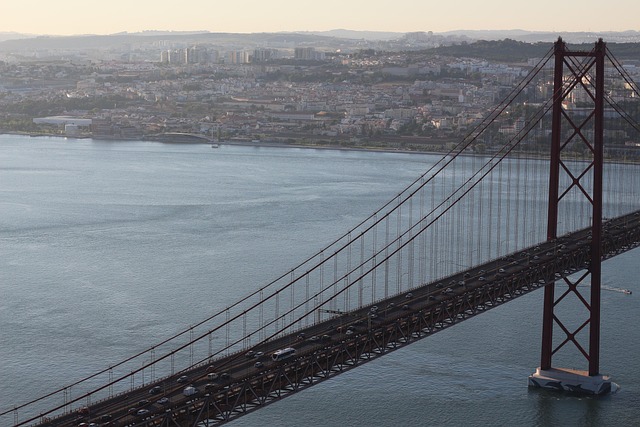
Historical Significance of Pearl Harbor
Introduction
Pearl Harbor, located on the island of Oahu in Hawaii, is a site of immense historical significance. The events that unfolded there on December 7, 1941, not only altered the course of World War II but also reshaped the geopolitical landscape of the 20th century. This article delves into the historical context, the attack itself, and its lasting implications.
Historical Context
Before the attack, Pearl Harbor was known as Wai Momi, or "Waters of Pearl," and served as a strategic naval base for the United States. The harbor was originally a shallow embayment, and its accessibility was enhanced in the early 19th century by local chiefs, notably Keaunui, who is credited with improving navigational channels. However, it remained underutilized for large vessels until the U.S. military began to expand its presence in the Pacific.
The Attack on Pearl Harbor
On the morning of December 7, 1941, the Imperial Japanese Navy launched a surprise military strike against the U.S. Pacific Fleet stationed at Pearl Harbor. The attack involved over 350 aircraft and resulted in significant damage to the fleet, including the sinking of battleships and destruction of aircraft. The immediate loss of life was staggering, with more than 2,400 Americans killed and nearly 1,200 wounded.
Immediate Consequences
The attack on Pearl Harbor had immediate and far-reaching consequences:
- U.S. Entry into World War II: The attack galvanized public opinion and led to the United States formally declaring war on Japan the following day, marking its entry into World War II.
- Shift in Military Strategy: The attack prompted a reevaluation of military strategies, leading to increased focus on naval power and air superiority.
- Internment of Japanese Americans: In the wake of the attack, fear and suspicion towards Japanese Americans grew, resulting in the internment of thousands during the war.
Long-Term Implications
The events at Pearl Harbor had lasting implications for both the United States and the world:
- Global Power Dynamics: The U.S. emerged from World War II as a global superpower, fundamentally altering international relations and establishing a new world order.
- Military Presence in the Pacific: Pearl Harbor remains a critical military base for the U.S., symbolizing its ongoing commitment to security in the Pacific region.
- Commemoration and Memory: The attack is commemorated annually, serving as a reminder of the sacrifices made and the importance of vigilance in national defense.
Conclusion
Pearl Harbor stands as a pivotal moment in history, marking the transition of the United States from isolationism to active engagement in global conflicts. The attack not only changed the trajectory of World War II but also reshaped the United States' role on the world stage. Understanding the significance of Pearl Harbor is essential for grasping the complexities of modern international relations and military strategy.




















 কল্যাণ বন্দ্যোপাধ্যায়: রাজনীতির মঞ্চে একজন তারকা
কল্যাণ বন্দ্যোপাধ্যায়: রাজনীতির মঞ্চে একজন তারকা 
 Health
Health  Fitness
Fitness  Lifestyle
Lifestyle  Tech
Tech  Travel
Travel  Food
Food  Education
Education  Parenting
Parenting  Career & Work
Career & Work  Hobbies
Hobbies  Wellness
Wellness  Beauty
Beauty  Cars
Cars  Art
Art  Science
Science  Culture
Culture  Books
Books  Music
Music  Movies
Movies  Gaming
Gaming  Sports
Sports  Nature
Nature  Home & Garden
Home & Garden  Business & Finance
Business & Finance  Relationships
Relationships  Pets
Pets  Shopping
Shopping  Mindset & Inspiration
Mindset & Inspiration  Environment
Environment  Gadgets
Gadgets  Politics
Politics 